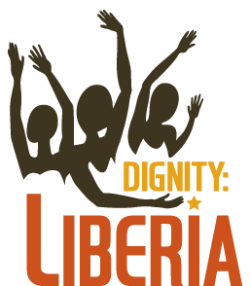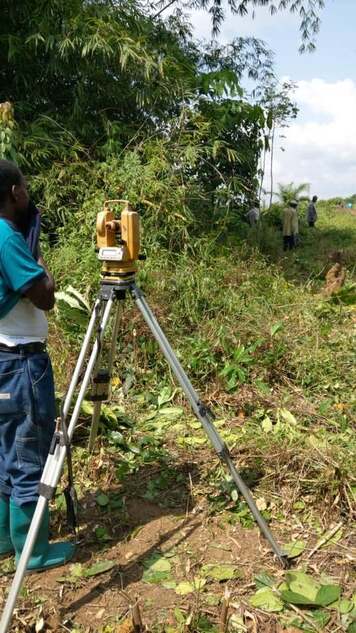Many women in rural Liberia turn to a traditional tribal midwife (TTM), who lacks medical training, to assist in their delivery. By the time they or their family or the TTM realize the birth isn’t going smoothly, it has become an emergency. Unfortunately, rural Liberians often don’t have the option of going to a nearby hospital. They have to travel a great distance for assistance.
“Farther away” for us was about a 30-minute drive in our car over smooth roads (maybe 40 minutes in heavy traffic). For the rural Liberian woman, transportation is a big expense. “Farther away” can be several hours over unpaved roads and paved ones gouged out with potholes. Travel may be on a crowded bus, in a wheelbarrow, or on the back of a family member.
Once the family arrives at the medical facility, there’s the matter of payment. Before Russell was treated, we were required to pay 75% of the estimated cost in advance. For us, it was a matter of providing credit card information. This wouldn’t be the case for the family arriving at the clinic or hospital. Cash payment would be required and would likely be a significant percentage of the family’s income. Even returning for follow-up care is a challenge for the rural Liberian woman.
Per the American Veterinary Medical Association, Americans spent $95.7 billion on pet services and products in 2019. Per PetBusines.com, the average American dog owner spends $153.08 per month on their dog. If you are one of those Americans, please consider making a donation of just 10% of that amount to Dignity:Liberia for our maternity waiting home, House of Hope and Dignity. Proper pre-natal care and education is key to preventing a routine birth from becoming a medical emergency that can result in the loss of a child and a fistula.

Kathy Beth Stavinoha
Kathy Beth lives and works in Austin, TX. She graduated from high school in Monrovia, Liberia in 1977.



 RSS Feed
RSS Feed